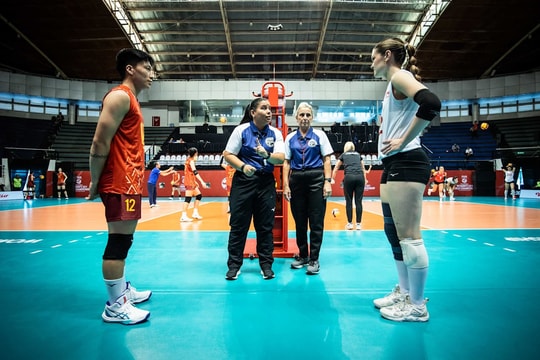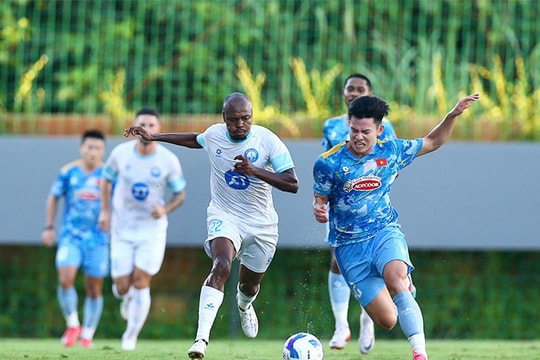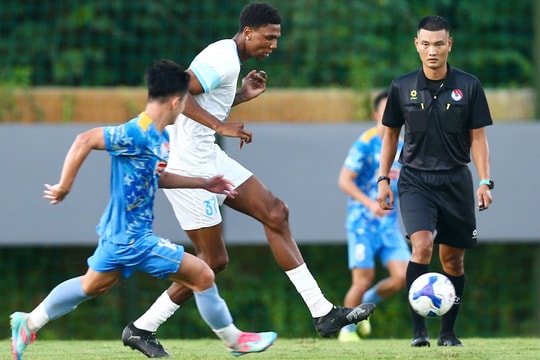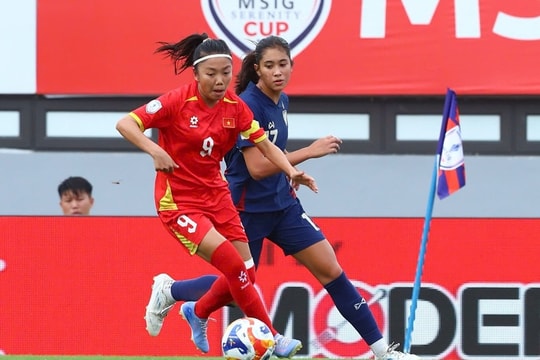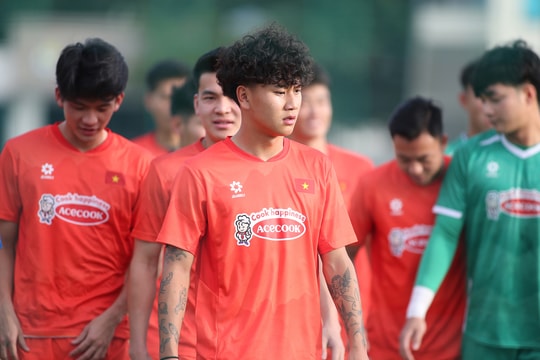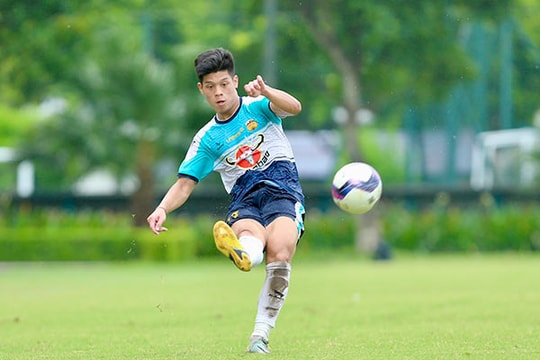World Cup is no longer a "gold mine" for sponsors
FIFA's corruption scandal and troubles involving Russia have left many of the world's top companies reluctant to sponsor the World Cup.
For the past six months, an outdoor structure in Moscow (Russia) has been counting down the hours to the World Cup. The logos of sponsors are placed in the center of the structure. In addition to familiar global brands such as McDonald's, Visa, Coca-Cola and Budweiser, this year's World Cup also has the participation of Chinese companies. They are real estate company Dalian Wanda, electronics company Hisense, smartphone company Vivo and milk company Mengniu Dairy.
According to media planning firm Zenith, Chinese brands will contribute more than a third of global advertising spending related to this World Cup. After the 2015 corruption scandal that brought down a series of high-ranking FIFA officials, a series of sponsors withdrew.
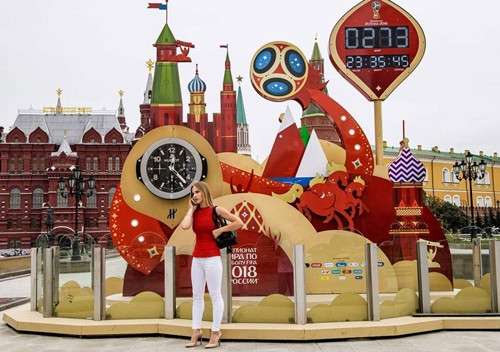 |
| Countdown clock to the World Cup in Moscow (Russia). Photo: AFP |
Brands are also wary of being too close to Russia, which has been accused of meddling in the US presidential election and is still under Western sanctions for its 2014 annexation of Crimea.
This week, market research firm Nielsen estimated FIFA earned $1.6 billion in revenue during the current four-year sponsorship period (2015-2018), down 11 percent from the period during the World Cup in Brazil. “The benefits for businesses are getting less,” said Patrick McNally, a consultant who created the FIFA sponsorship model in the 1970s. “Top companies are not lining up to sponsor like they used to. FIFA doesn’t attract the big names.”
Experts and brand managers say the main reason lies in the location. “Russia is a big barrier for sponsors and commercial partners because the situation there is so difficult to understand,” said Simon Chadwick, a lecturer in sports marketing at the University of Salford. For him, Russia has many controversial issues, including LGBT rights, doping in sport, Crimea and the poisoning of a former Russian spy and his daughter.
Big brands that sponsor are also very cautious. “They don’t use materials associated with Russian culture,” commented Steve Martin, CEO of M&C Saatchi Sport and Entertainment. “They just focus on the preparation and what happens on the pitch.”
FIFA has not signed a new Western sponsor since 2011, leading to dwindling revenues. European companies may also avoid the 2022 World Cup, given the risks posed by the host country, Qatar.
The country remains isolated by Gulf states, and human rights groups have frequently criticized event organizers for failing to protect construction workers from the risk of injury from the humidity and heat.
FIFA also announced this week that the 2026 World Cup will be co-hosted by the United States, Canada and Mexico. “In the long term, we will probably see the World Cup in China,” Martin predicted.

